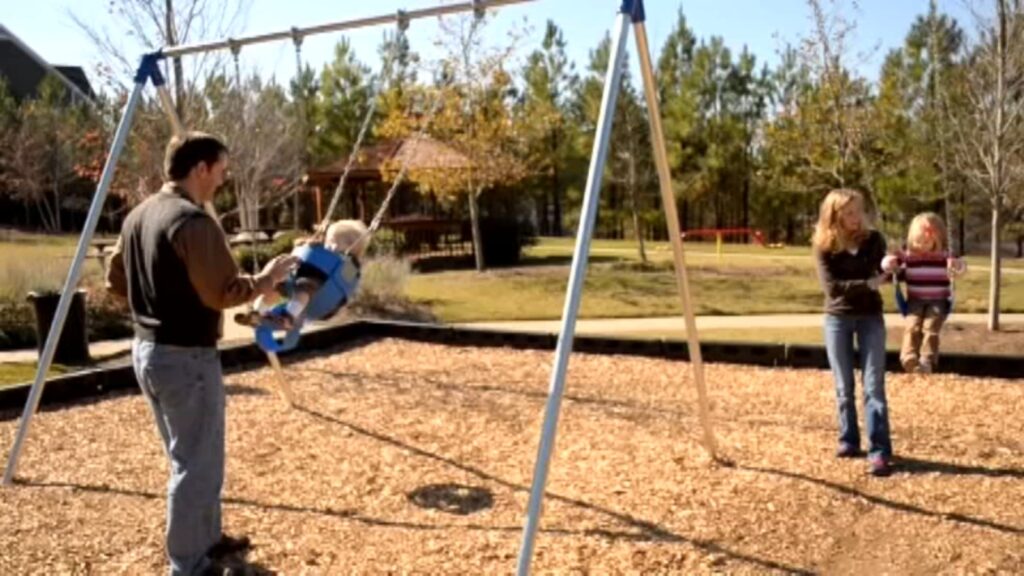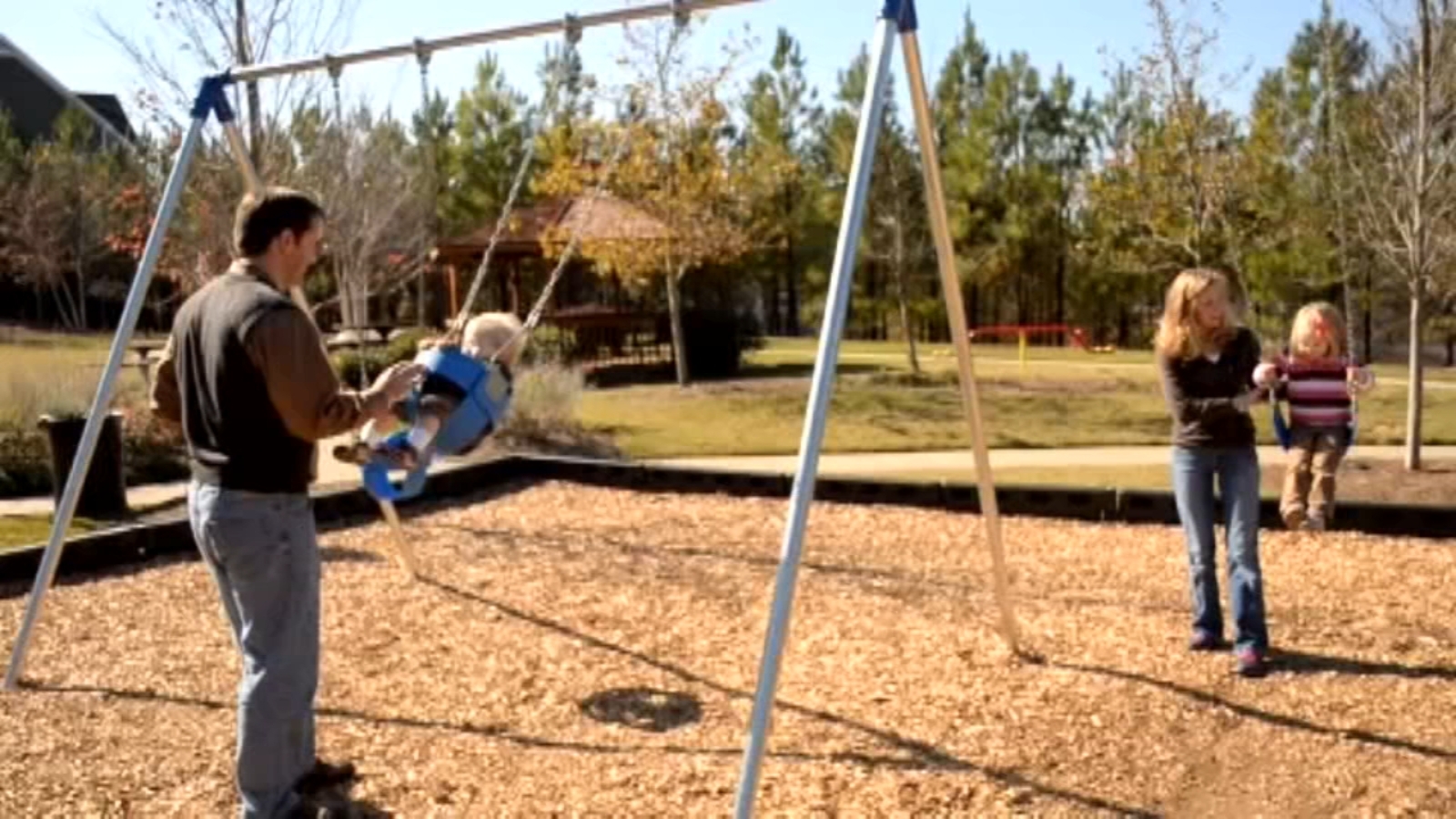
Are Childless Adults Happier? Examining the Evidence and Societal Perceptions
The question of whether childless adults are happier than those with children is a complex one, sparking debate among researchers, sociologists, and individuals alike. It’s a topic riddled with societal expectations, personal values, and varying definitions of happiness. This article delves into the existing research, explores the societal perceptions surrounding parenthood, and aims to provide a balanced perspective on the happiness levels of childless adults.
Defining Happiness: A Subjective Pursuit
Before exploring the empirical data, it’s crucial to acknowledge the subjective nature of happiness. What constitutes a fulfilling life varies significantly from person to person. For some, happiness might be rooted in career success and financial stability. Others may find joy in creative pursuits, travel, or close relationships. Still others might view raising a family as the ultimate source of happiness. Therefore, any attempt to quantify happiness and compare it across different groups must account for these individual variations. We must remember that the idea of childless adults being happier is not a universal truth, but rather a reflection of statistical trends and individual experiences.
Research Findings: What Does the Data Say?
Numerous studies have investigated the relationship between parenthood and happiness. Some research suggests that parents report lower levels of life satisfaction and higher levels of stress compared to childless adults. This is often attributed to the financial burdens, time constraints, and emotional demands associated with raising children. The “happiness gap,” as it’s sometimes called, seems to be more pronounced during certain stages of parenthood, particularly when children are young and require more intensive care. However, other studies present a more nuanced picture.
For example, research indicates that the long-term effects of parenthood on happiness can be positive. As children grow older and become more independent, parents may experience increased feelings of purpose, meaning, and connection. Furthermore, the social support and companionship provided by children can be a significant source of happiness, especially in later life. It is also important to distinguish between different types of happiness. While parents may experience less day-to-day happiness due to the demands of childcare, they may also report higher levels of eudaimonic happiness, which is derived from a sense of purpose and meaning in life. The question of are childless adults happier is therefore multifaceted and depends on how happiness is defined and measured.
Societal Perceptions and Stereotypes
Societal perceptions often play a significant role in shaping our understanding of happiness and parenthood. There’s a pervasive narrative that having children is a natural and essential part of a fulfilling life. Childless adults, particularly women, may face societal pressure to conform to this narrative and may be subjected to questions about their choices. This pressure can lead to feelings of isolation, inadequacy, or even guilt. The stereotype of the lonely, unhappy childless adult is often perpetuated in popular culture, further reinforcing these negative perceptions. However, it’s crucial to challenge these stereotypes and recognize that childless adults can lead rich and fulfilling lives.
Conversely, parents are often idealized as selfless caregivers who derive ultimate happiness from their children. While this may be true for some, it’s important to acknowledge the realities of parenthood, including the challenges, sacrifices, and moments of frustration. The pressure to present a perfect image of parenthood can be overwhelming, leading to feelings of guilt and inadequacy when things don’t go as planned. A more balanced and realistic portrayal of both parenthood and childlessness is needed to promote understanding and acceptance.
Factors Influencing Happiness in Childless Adults
The happiness of childless adults is influenced by a variety of factors, including their relationships, careers, financial stability, health, and personal values. Strong social connections with friends, family, and romantic partners are essential for well-being. A fulfilling career can provide a sense of purpose, accomplishment, and financial security. Financial stability can reduce stress and increase opportunities for leisure and personal growth. Good health is crucial for maintaining an active and engaged lifestyle. And aligning one’s life with their personal values can lead to a greater sense of authenticity and fulfillment.
Many childless adults actively cultivate these aspects of their lives, creating a fulfilling and meaningful existence. They may have more time and resources to invest in their careers, hobbies, travel, and personal relationships. They may also have greater flexibility to pursue their passions and make a difference in the world. The absence of children does not necessarily equate to a lack of purpose or meaning. In fact, many childless adults find fulfillment in other areas of their lives.
The Role of Choice: Voluntary vs. Involuntary Childlessness
It’s important to distinguish between voluntary and involuntary childlessness. Voluntary childlessness refers to individuals who choose not to have children, while involuntary childlessness refers to individuals who desire children but are unable to conceive or adopt. Research suggests that individuals who voluntarily choose to be childless tend to report higher levels of happiness compared to those who are involuntarily childless. This is likely due to the feelings of disappointment, grief, and frustration associated with involuntary childlessness.
Individuals who voluntarily choose to be childless often have a clear understanding of their values and priorities. They may have made a conscious decision to prioritize other aspects of their lives, such as their careers, relationships, or personal growth. This sense of control and autonomy can contribute to their overall well-being. It’s crucial to acknowledge the different experiences of voluntary and involuntary childless adults and to provide support and understanding to both groups.
Debunking Myths About Childless Adults
Several myths surround childless adults, perpetuating negative stereotypes and misconceptions. One common myth is that childless adults are selfish and self-centered. However, this is simply not true. Many childless adults are actively involved in their communities, contributing their time and resources to worthy causes. They may be devoted caregivers to family members, mentors to young people, or advocates for social justice. Their decision not to have children does not negate their capacity for compassion, empathy, and generosity.
Another myth is that childless adults are lonely and isolated. While some childless adults may experience loneliness, this is not unique to this group. Loneliness can affect people of all ages and backgrounds, regardless of their parental status. Many childless adults cultivate strong social networks and enjoy fulfilling relationships with friends, family, and romantic partners. They may also have more time and energy to invest in these relationships, strengthening their bonds and fostering a sense of belonging. It is crucial to move beyond these simplistic stereotypes and recognize the diversity and complexity of the childless adult experience.
Finding Fulfillment Beyond Parenthood
Ultimately, the question of whether childless adults are happier is less important than the question of how individuals can find fulfillment and meaning in their lives, regardless of their parental status. Parenthood is undoubtedly a source of great joy and fulfillment for many, but it is not the only path to a happy and meaningful life. Childless adults can find fulfillment in a variety of ways, including through their careers, relationships, hobbies, personal growth, and contributions to society. The key is to identify one’s values and priorities and to create a life that aligns with those values.
Society needs to move beyond the narrow definition of happiness that equates it with parenthood. A more inclusive and accepting society recognizes and celebrates the diverse paths to fulfillment. By challenging stereotypes, promoting understanding, and providing support to both parents and childless adults, we can create a more equitable and compassionate world.
Conclusion: A Matter of Perspective and Personal Choice
In conclusion, the question of whether childless adults are happier is complex and multifaceted. Research findings are mixed, societal perceptions are often biased, and individual experiences vary widely. While some studies suggest that parents may experience lower levels of happiness compared to childless adults, other research indicates that parenthood can lead to increased feelings of purpose and meaning. Ultimately, happiness is a subjective pursuit, and what constitutes a fulfilling life varies from person to person. Both parents and childless adults can lead happy and meaningful lives, and it is important to respect and celebrate the diversity of choices and experiences.
The assertion that childless adults are happier is a generalization that fails to capture the nuances of individual experiences. A more accurate and helpful approach is to focus on the factors that contribute to well-being, such as strong social connections, fulfilling careers, financial stability, good health, and a sense of purpose. By cultivating these aspects of their lives, both parents and childless adults can increase their chances of experiencing happiness and fulfillment.
[See also: The Impact of Societal Expectations on Childless Women]
[See also: Exploring Alternative Paths to Fulfillment Without Children]

